Groans ring from each row as the pilot announces another 30-minute delay. Each glance at the watch proves futile as minutes stretch and excitement dissolves. In contrast, a fun trip to Osaka Universal Studio, which seemed to fly by at the moment, lasted a whole six hours – 12 times the flight delay. This phenomenon plays into the concept of time paradox that distorts a person’s sense of time.
These ironic situations, often described as a “holiday paradox,” show the double-sided nature of how humans perceive past experiences. Dull tasks, even the briefest ones, feel endless. On the other hand, moments of excitement and joy seem to pass in an instant. In these scenarios, the perception all depends on whether the person thought about time or fun.
Such instances constantly repeat themselves. Secondary Spanish teacher Mrs. Lopez said, “I’ve actually experienced this paradox multiple times. When I’m having fun on a trip, even though I stay there for weeks, the time feels really short. But, during instances where I’m doing boring things, even though it’s a few minutes, the time feels forever.”
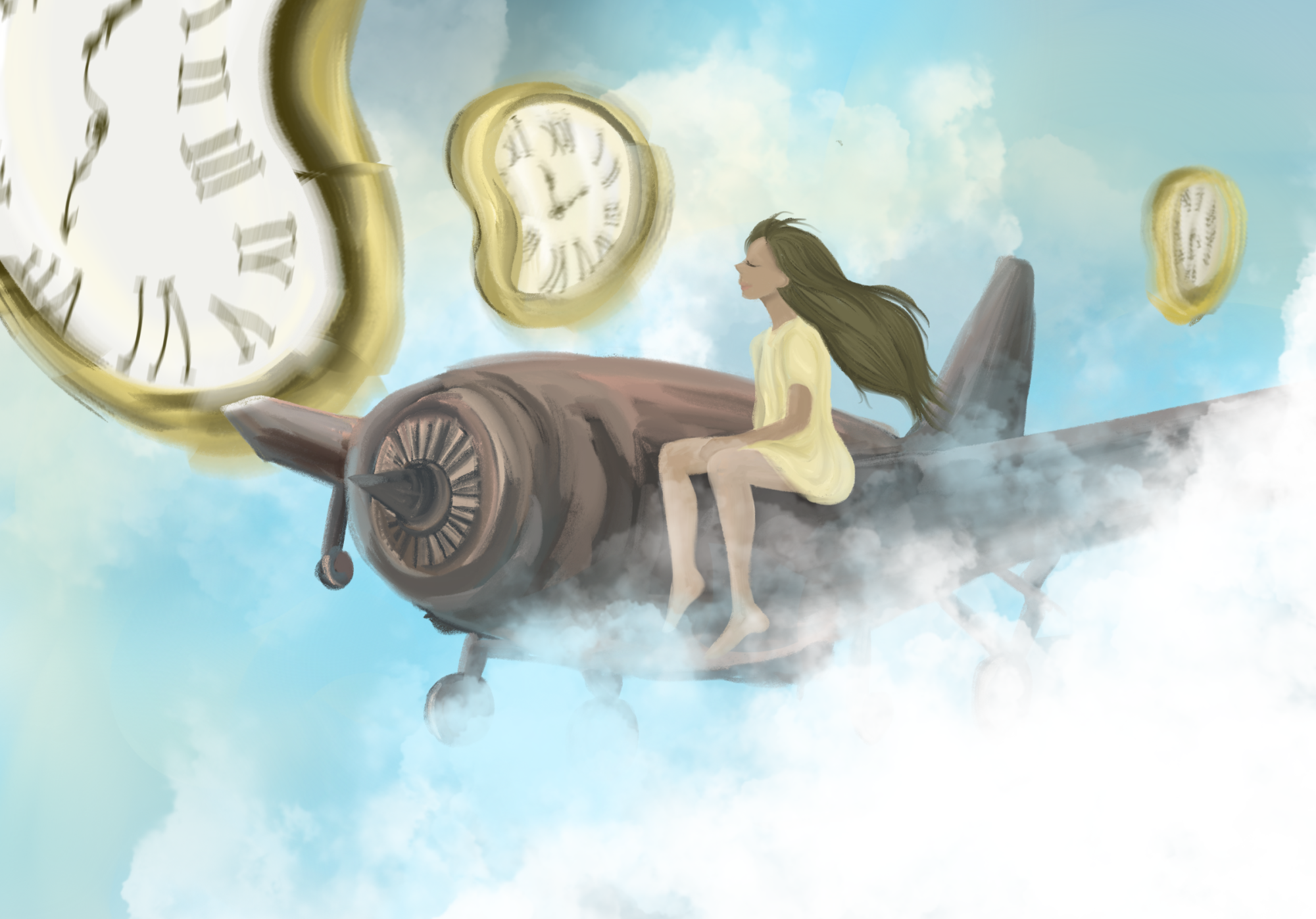
A similar phenomenon occurs when people recall past experiences. Time stretches with monotonous, unstimulating and unimportant activities, while it contracts with events packed with sensations, significance and challenges.
The Temporal Illusion theory explains how a series of numerous distinct memories stretch time, whereas routine memories compress it. Secondary science teacher Ms. Lualhati said, “Fifteen days go by so fast because you’re savoring every second. Later, when I look back, it feels like watching a movie I want to relive.”
This also applies to age – youth feels elongated, as it constitutes all the “firsts” in one’s life – like the Korean idiom “Life flies by at the speed of 20 km in your 20s, 30 km in your 30s, and 60 km in your 60s.” The first day of school, first sleepover, first concert feel monumental and worth recalling, but after the fifth concert, the experience feels ‘familiar.’
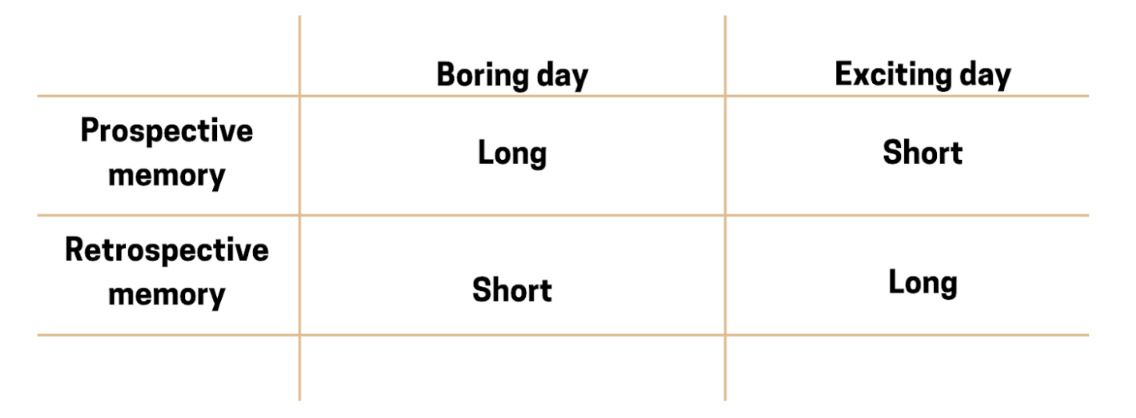
Secondary math teacher Ms. Wang said, “When I think about the big experiences in my life, it’s strange. They felt so fast, but they happened ages ago. Time becomes this bittersweet mix — you’re grateful for the memories but can’t help feeling how flying it all is.”
Mathematically, the proportional theory suggests that the perceived length of time for each new year decreases as one ages. A year for an 18-year-old constitutes 5.6% of their life span, while the same time period for a 40-year-old is only worth 2.5%.
Although time seems to be fair to everyone, one’s experiences mold perceived length. To live a life like a movie, try something new each day, and fill it with good (or bad) memories, making each day distinct.

















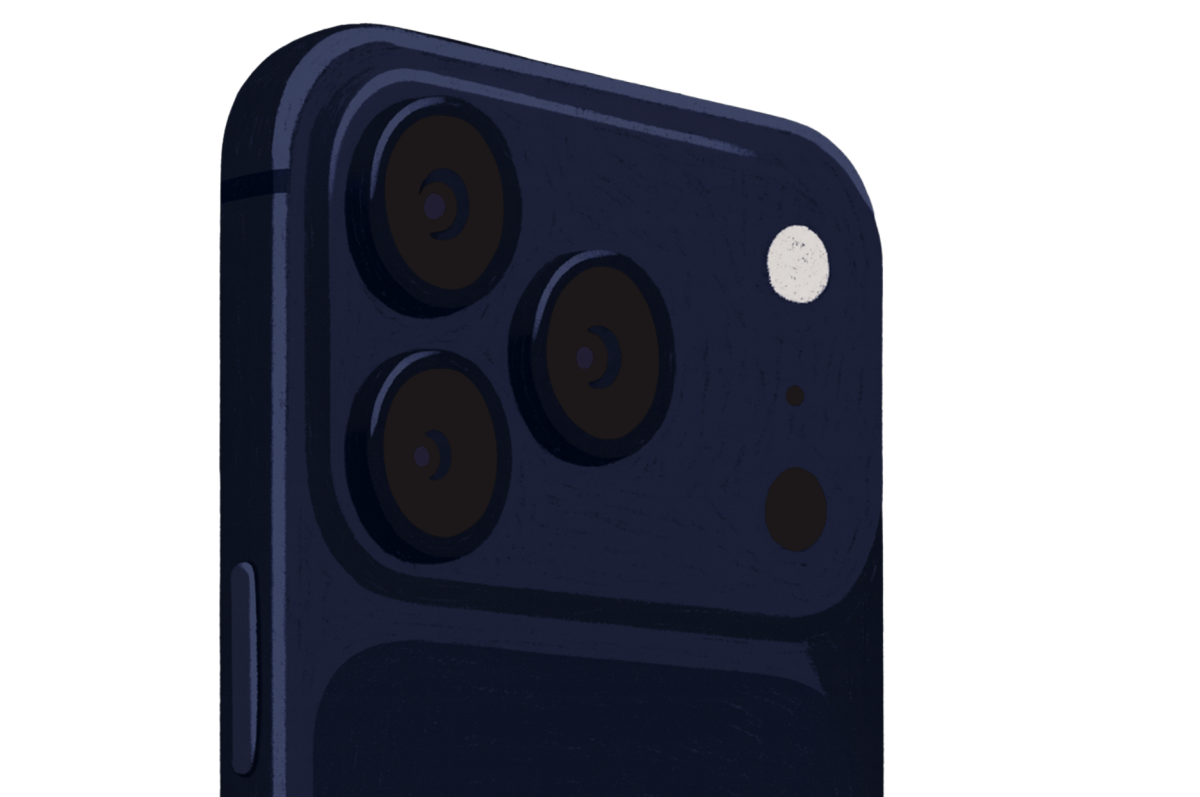
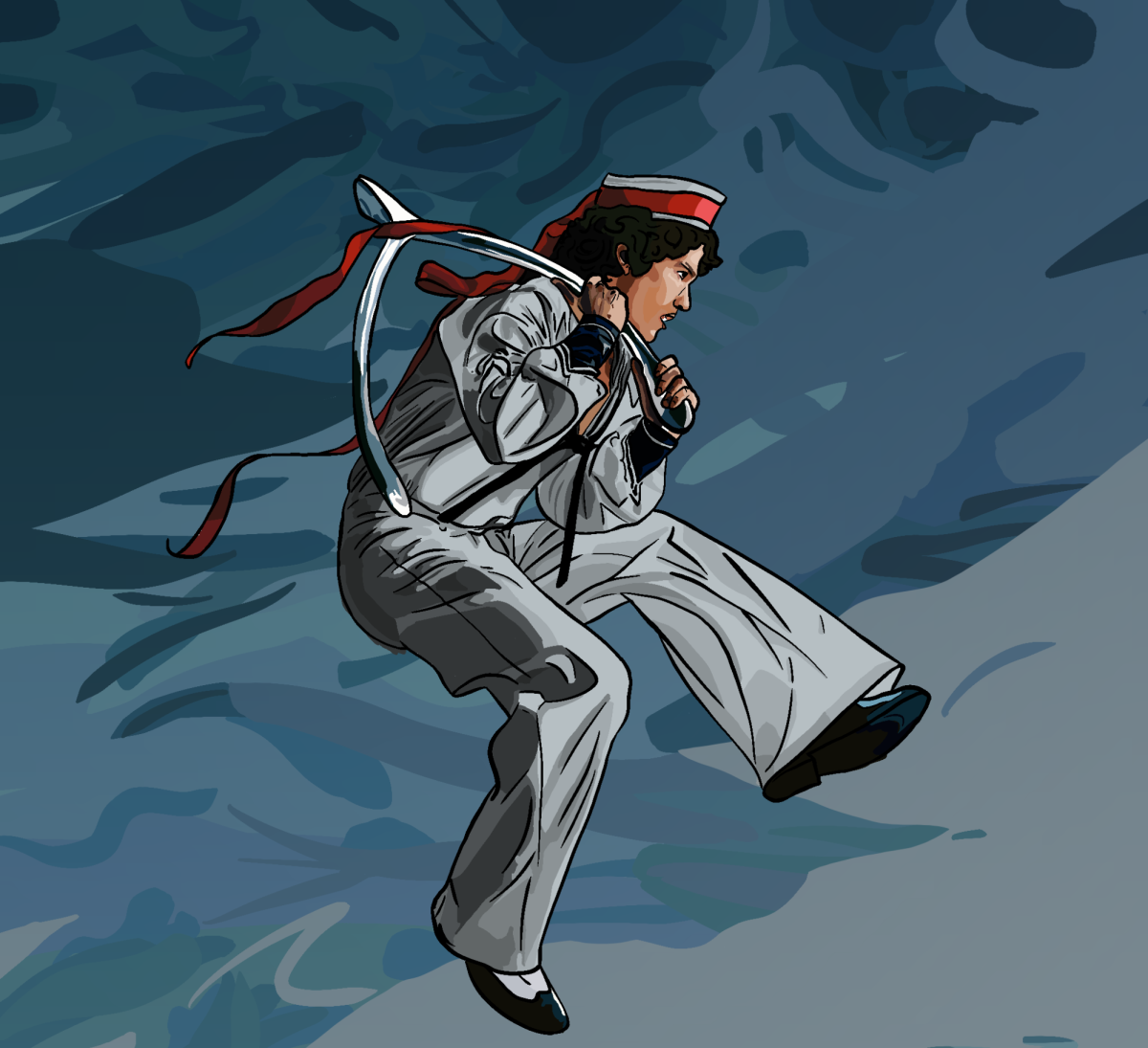












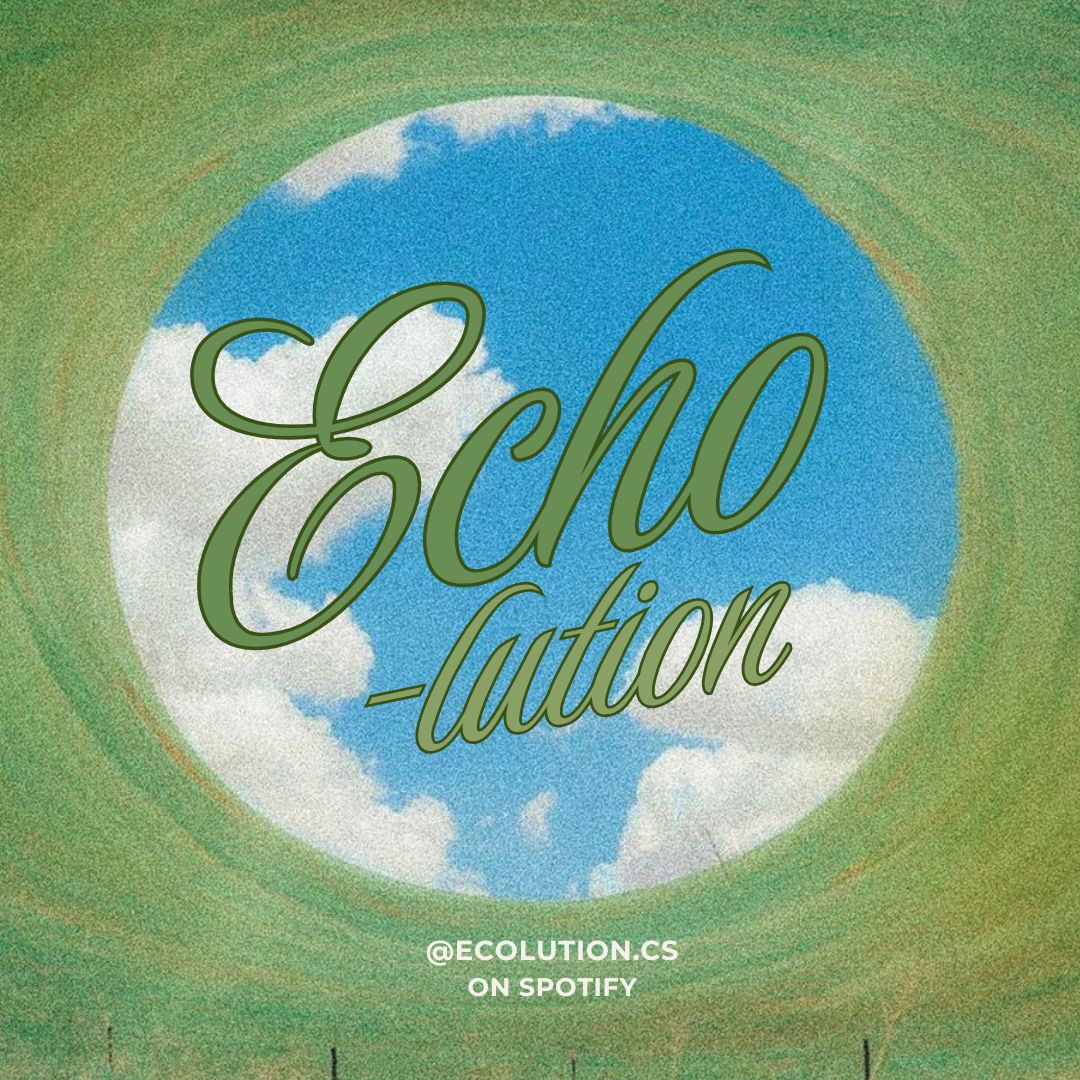


















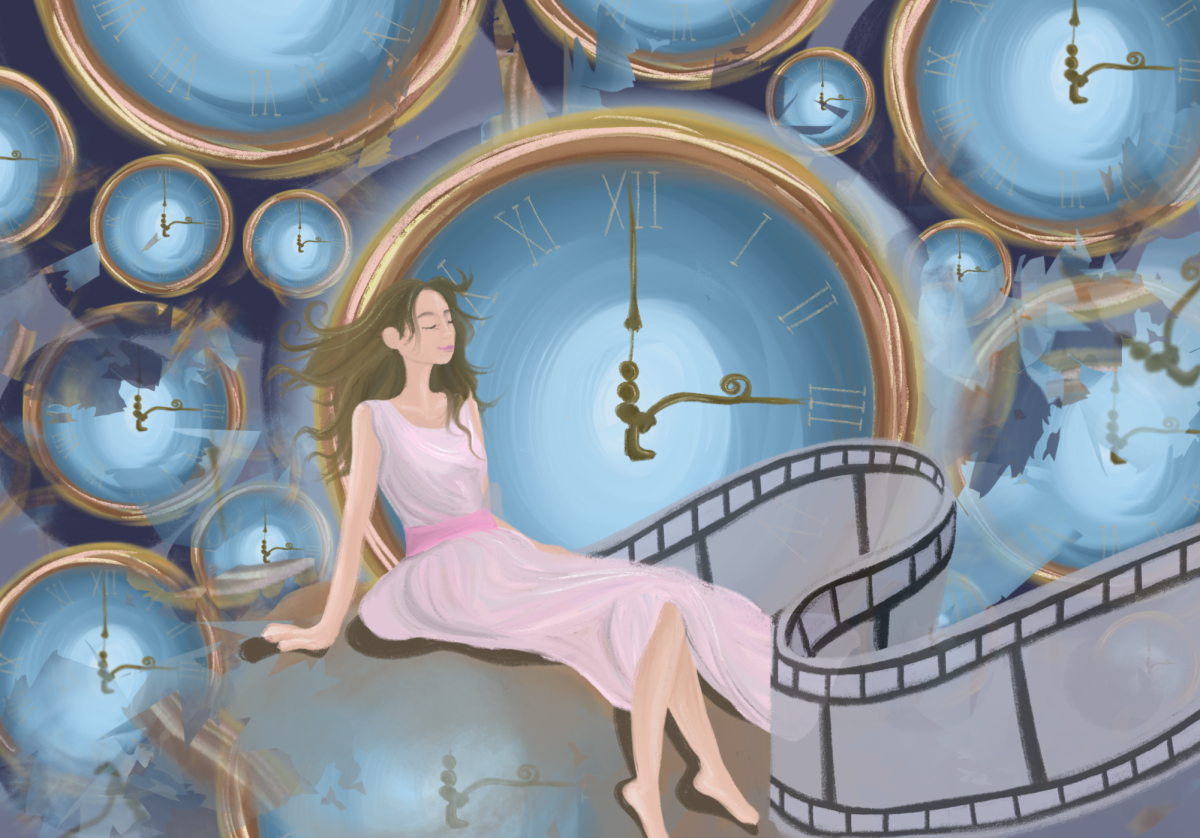
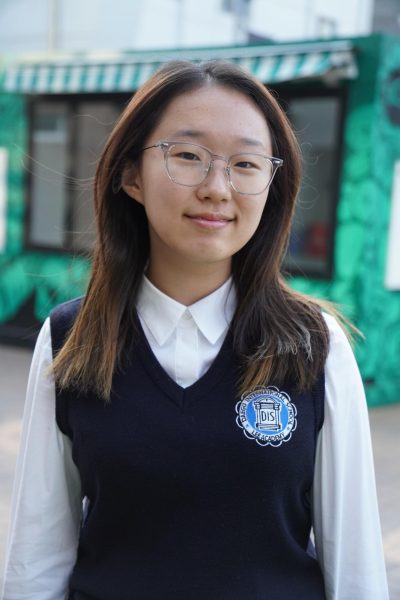
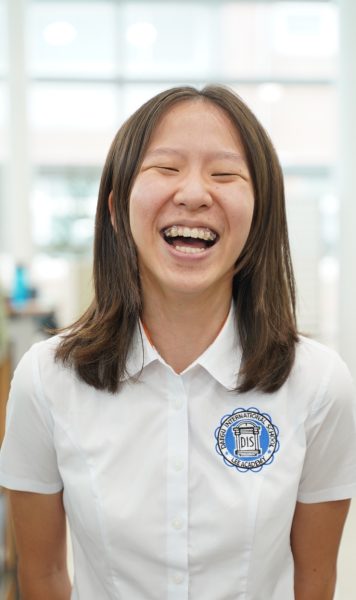

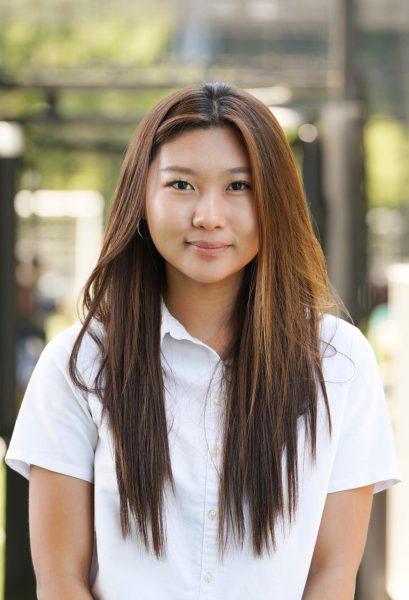
Sola • Feb 9, 2025 at 2:34 pm
I knew there was some science behind it and it wasn’t just me!!! Great work Michelle!!!!!!!!!!!!
Lil • Feb 6, 2025 at 6:29 pm
Cool! Thank you
Lumin • Feb 6, 2025 at 6:22 pm
this us by far the realest thing ive seen all day
Sola • Feb 9, 2025 at 2:33 pm
Good to know im not the only one lol